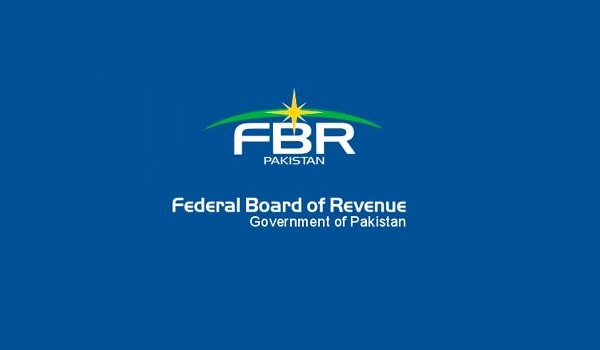Islamabad: The World Bank (WB) has sought Pakistan to implement at least four crucial ‘prior actions’ for the second phase of the multimillion-dollar Resilient Institutions Strengthening Programme (RISE-II) as agreed in 2019, news sources reported. Under the programme, Pakistan needs to take four crucial fiscal policy-related steps and structural reforms.
Read: IMF to release USD 1 bn after successful 6th review
In a meeting with the Finance Minister Shaukat Tarin and World Bank’s Country Director Najy Benhassine, both sides agreed to implement the following four steps:
- Harmonisation of General Sales Tax (GST) among the federal and provincial governments
- Control rising debt burden through amendments to the Fiscal Responsibility & Debt Limitation Act 2005
- Bring uniformity in provincial property valuations for tax purposes
- Complete clearance of GST refunds.
Read: CDWP clears 3 projects for World Bank loans
It was reported that under the renewed International Monetary Fund (IMF) loan talks, Pakistan has already committed to implementing a single digital GST portal for tax harmonisation among provinces. Moreover, the government has also presented the Fiscal Responsibility and Debt Limitation Act of 2005 before National Assembly (NA) Standing committee of finance. The bill seeks to limit the stock of government guarantees to 10% of GDP and the upper debt limit to 70% of the GDP.
Moreover, the amendment will achieve four significant goals including:
- Limit the stock of government guarantees at 10% of GDP
- Publish a Medium-Term National Macro-Fiscal Framework (MTMFF)
- Put debt management functions under the purview of a single office reporting to the finance secretary rather than the finance minister.
- Increase the number of directors in the Debt Policy Coordination Office (DPCO) from three to four, and rename it the Debt Management Office (DMO)








